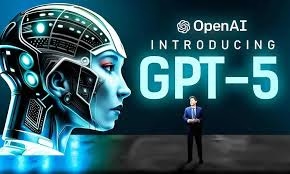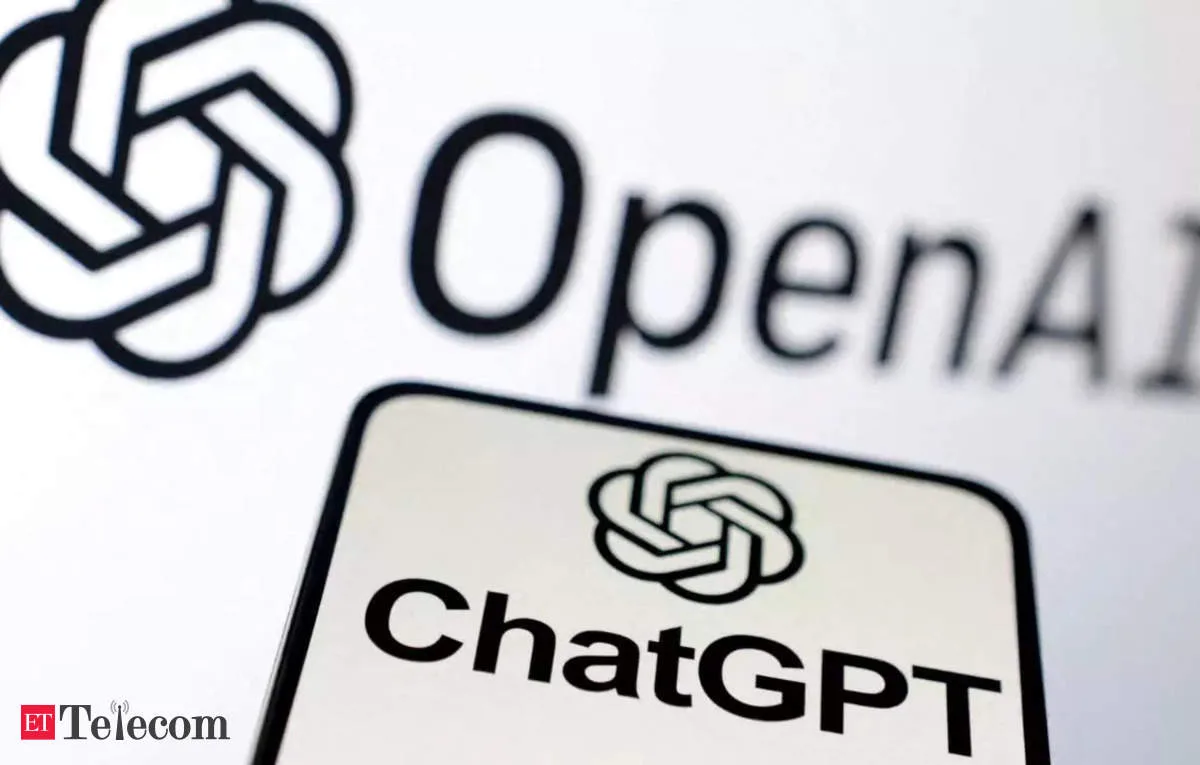OpenAI is preparing to roll out its latest lineup of models under the GPT-5.1 series, which includes GPT-5.1 (base), GPT-5.1 Reasoning, and GPT-5.1 Pro — the latter expected to be available to subscribers for $200 per month.
According to tech industry sources, the new models will soon be deployed on Microsoft Azure, signaling that the public release could be just weeks away. This timing aligns with OpenAI’s typical update cycle, as the GPT-5 model was launched on August 7, with new iterations generally released every three to four months.
While GPT-5.1 may not represent a major overhaul of GPT-5, it is expected to feature enhanced health-related safeguards, faster processing speeds, and improved efficiency across applications.
In parallel, OpenAI has also introduced a new Codex variant, dubbed GPT-5 Codex Mini (codex-mini-high) — a cost-effective alternative to the existing Codex High model. Despite being more compact, Codex Mini delivers similar performance and offers a 50% increase in rate limits.
OpenAI stated that GPT-5 Codex Mini is designed for simpler programming tasks or for users who are close to hitting their rate limits. When a user reaches 90% of their rate limit, the system will automatically suggest switching to Codex Mini, enabling uninterrupted work.
The company further explained that Codex Mini allows for up to four times more usage compared to GPT-5 Codex, though this comes with a slight reduction in capability.
As part of the update, ChatGPT Plus, Business, and Education users will enjoy 50% higher rate limits, while Pro and Enterprise users will benefit from priority processing and faster model response times.
OpenAI is also expected to integrate new performance upgrades for Codex alongside the GPT-5.1 release.
Meanwhile, competition in the AI sector remains fierce. Google is testing its upcoming Gemini 3 Pro, and reports suggest that Anthropic is developing a new version of Claude, signaling another round of innovation in the rapidly evolving AI landscape.



